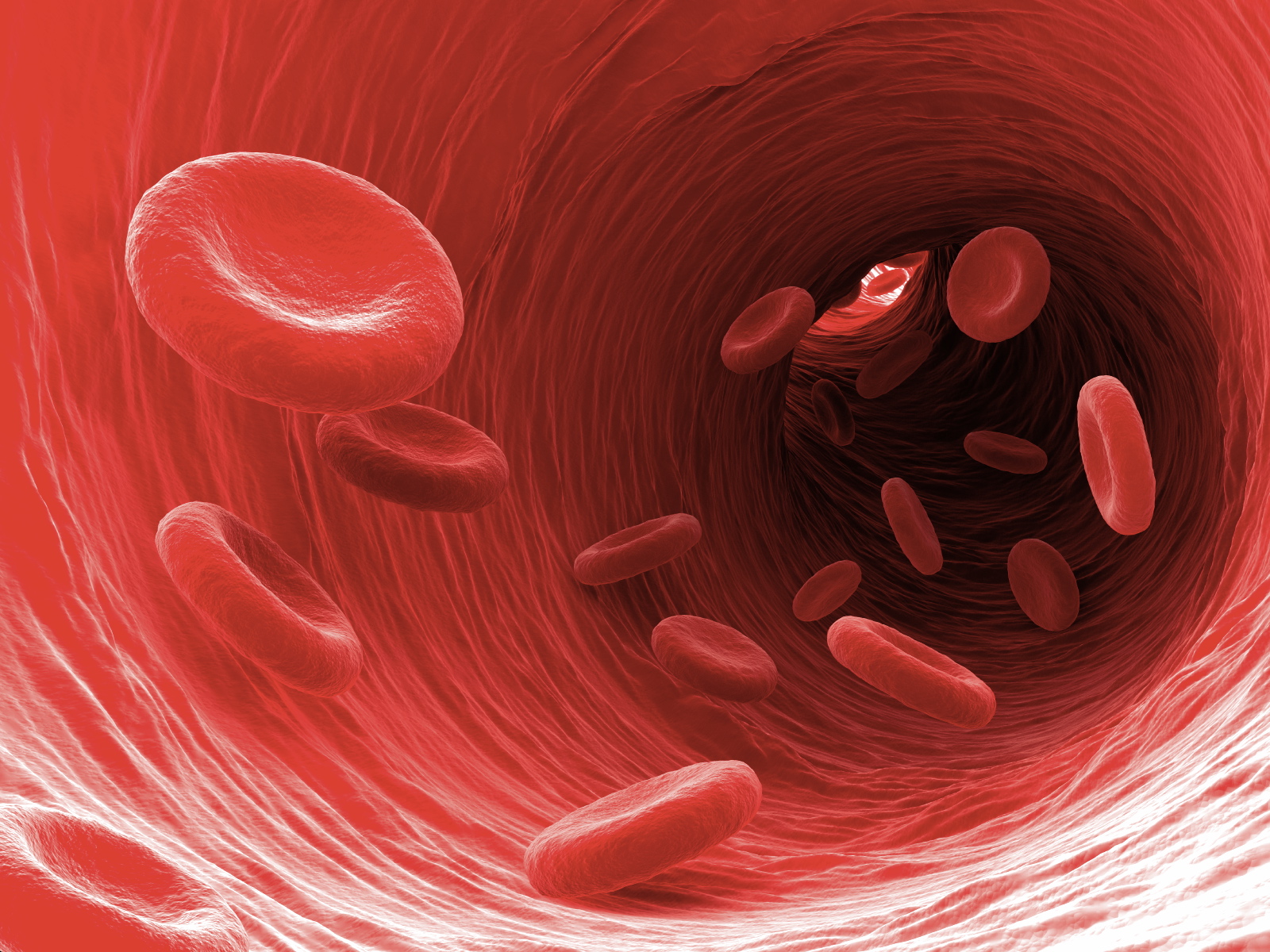
Researchers have created a drug-releasing hydrogel to reduce the possibility of cancer recurring after surgery.
They found that the gel could reduce biomarkers of cancer recurrence in mice, specifically those with colon cancer, melanoma, and triple-negative breast cancer.
However, clinical trials are needed to see whether these results translate over to humans. Surgery is the first-line treatment for patients with solid tumors. However, often cancer cells can be left behind and, over time, lead to cancer recurring.
Previous researchTrusted Source has found that as wounds heal after surgery, immune cells known as tumor-associated macrophages (TAMs) secrete large amounts of anti-inflammatory factors. These factors help remaining tumor cells escape immune surveillance and accelerate their recurrence. Once TAMs were removed cancer, tumor growth was reduced.
Other researchTrusted Source has shown that people with fewer TAMs after surgery have reduced tumor growth post-surgery. TAMs have also been frequently used as prognostic markersTrusted Source for cancer recurrence after surgery.
Reducing TAMs and increasing the immune response following surgery could reduce cancer recurrence rates.
Recently, researchers from the University of Wisconsin-Madison, WI, developed a drug-releasing hydrogel that can be applied post-surgery to prevent or slow tumor recurrence.
“The authors hypothesize that the hydrogel delivery system will allow localized delivery of immunotherapy and limit systemic side-effects,” Dr. John A. Thompson, professor of medicine at the University of Washington, who was not involved in the study, told Medical News Today.
“Trials will be needed in cancer patients, but uses of this approach may extend to more cancers than [those they tested],” he added.
